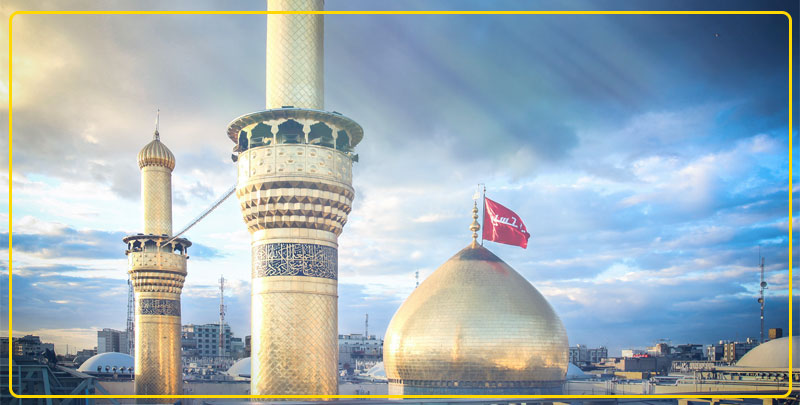This is one of the most important questions. In different eras of history, scholars, historians and researchers have given different answers to this question, each of them relying on particular aspects of the event of Ashura to prove the veracity of his theory or opinion.
Among them were some, who claimed that it is impossible for us to present or draw a single goal or target behind this act of Imam Hussein (as). According to them, the event of Ashura followed more than a single target. Some have explained these targets from an expansive lateral dimension, while others have explained them as having a long-term range. What we need to focus on is to never expect that such a uniquely momentous event, never previously or subsequently witnessed in human history, can be explained in a single simple technique of analysis. In fact, this is an event, which was born in a particular manner by fate. Many of its aspects, therefore, are almost impossible for theorists and researchers to fully deal with.
In the meanwhile, it is also possible that, with the lapse of time, its deeper aspects will be discovered, and with awareness regarding divine guardianship and Imamate intensifying, the outcomes and consequences, lessons, targets and goals of this greatest event will also become clearer and more obvious. Here, we will first briefly indicate the opinions and views, which have been presented. Some of the things we will deal with here are:
a) Imam Hussein's (as) journey was to lead him towards his martyrdom, which he warmly welcomed and which Allah the Exalted the High had determined for him. So there were no other goals and targets behind Imam Hussein's (as) Karbala bound journey other than, under such difficult strange conditions, the Holy Imam (as) welcoming his divinely determined destined martyrdom. People like Sayyid Ibn Tawus and many researchers are of this opinion.
b) There were two different phases for Imam Hussein's (as) journey towards Karbala; in the first phase, it was to establish an Islamic Government but, after Muslim bin Aqil’s martyrdom, the situation changed, as did the goal behind his journey which had now become his welcome to martyrdom. This is what the late Ustad Shahid Mutahhari thinks.
c) Imam Hussein's (as) journey followed two different goals at the same time. The first was martyrdom and the second was to call people towards standing against the brutal regime of Yazid, which had altered the Muslims conditions, including the Prophet’s (as) Sunnah that had died long before, being replaced by new innovations. The late Allama ‘Askari and some others have gone with this opinion.
Source: Imam Hussain’s (as) Revolution: Rituals and Inspiration By: Ayatollah Muhammad J. Fadhil Lankarani, Dr. Ali H. Al-Hakim [Vol. 1, p. 90-92].

